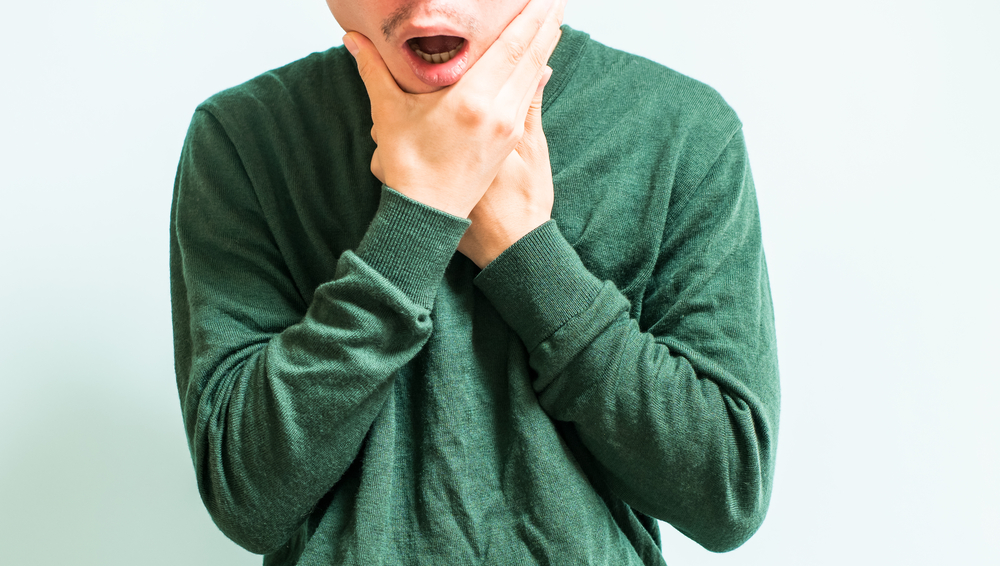Can Botox Stop Your Teeth Grinding?
Medical Advancements
We all know Botox, or onabotulinum toxin-A, for being the wonder injectable that can instantly erase fine lines and wrinkles around the eyes, creating a more youthful appearance. But what isn’t so well known are all the other apparent medical uses for Botox as well.
In its early days, it was used to correct crossed eyes, involuntary blinking, and muscle spasms.
Today, some of its more common non-cosmetic uses include extreme sweating (hyperhidrosis), oily skin, migraines, bladder incontinence. The basic theory is that the toxin is used as an inhibitor, essentially paralyzing the injected muscle to achieve a desired result.
Can Botox Save Your Teeth?
Scientists are constantly innovating to try to come up with new ways to use the drug. Perhaps the most interesting in recent years is the use of Botox to stop teeth grinding, also known as bruxism.
While there are currently no recognized treatments for bruxism, a new study has been published in the journal Neurology to see if our good friend Botox can help solve this problem.
Using the same theory, injecting Botox to the temporal and masseter muscles, those used for chewing, you can effectively stop the involuntary muscle grinding during sleep.
In the published study, 22 participants were observed and evaluated, with those subjects receiving Botox injections reporting reduced pain or improved symptoms. While the study may have had positive results, scientific logic emphasizes that it is much too soon to begin seeking this treatment for bruxism on its own.
What we do know, is that the uses for Botox are far wider than we may have initially imagined, and it may be able to help us in more ways that just smoothing out our skin!
For more information on Botox and all its uses that can benefit you, call Washingtonian Plastic Surgery to schedule an appointment today!


